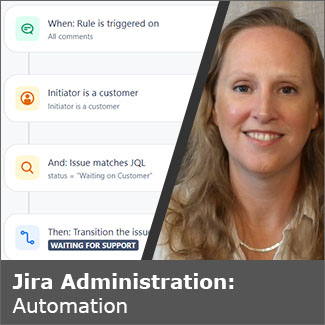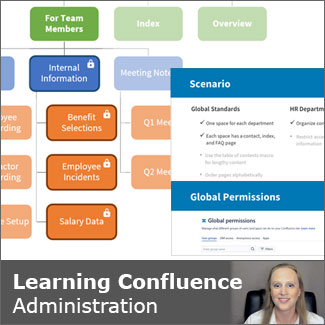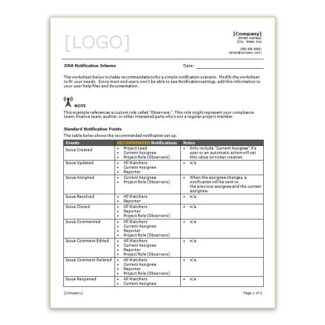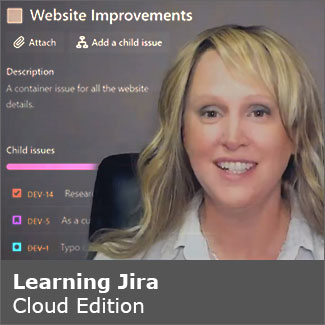Automation is the most fun part of Jira administration! It’s easy to build simple and complex rules so you can focus on more important admin tasks instead. In this course, instructor Rachel Wright shows you how to use automation to communicate and update information, effortlessly repeat frequent tasks, sync information between issues, perform routine maintenance, calculate values, and automatically send reminders and alerts. With Atlassian’s no-code engine and low-code apps you can accomplish work faster, with less clicks, and less human error.
Course Contents
Introduction
- Automating common Jira activities
- Who is this course for
- What do you need for this course
- Important terms and definitions
What is Automation
- Levels of automation
- Automation benefits
- Capabilities in Jira
Jira Automation Concepts
- Using automation
- Using and creating templates
- Creating custom rules
- Triggering rules
- Adding conditions
- Using branches
- Leveraging actions
- Testing rules
- Challenge: Create a common rule
- Solution
Managing Automation Rules
- Maintaining rules
- Importing and exporting rules
- Documenting rules
- Monitoring usage
- Troubleshooting errors
- Challenge: Back up a rule
- Solution
Extending Capabilities with Smart Values
- Using smart values
- Accessing project and issue data
- Working with user properties
- Leveraging dates and times
- Using conditional logic
- Performing calculations
- Challenge: Create a rule with smart values
- Solution
Use Cases and Examples
- Communicating information
- Updating information
- Repeating frequent tasks
- Syncing information
- Performing maintenance
- Sending alerts
- Calculating information
- Challenge: Create an advanced rule
- Solution
Automation with Apps
- Post functions with JMWE
- Scheduled actions with JMWE
- Event-based actions with JMWE
- Monitoring config changes with Salto
- Test management with Katalon
Conclusion
- Additional resources for Jira learning
Take Course
See all Rachel Wright’s Jira and Confluence Courses on LinkedIn





